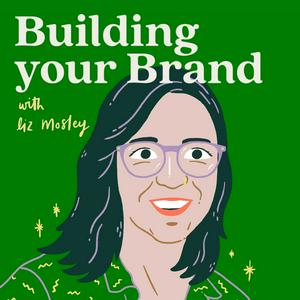In this episode, I'm sharing four brands I genuinely love and feel deeply loyal to — not just because of their products, but because of the missions they're built on. Each one shows how having a clear purpose, strong values, and a quality product can create lasting trust, emotional connection, and long-term brand loyalty.
Come tell me which brands you're loyal to and why; I'd love to know!
Key Takeaways:
Building your brand around a clear mission will attract loyal customers When your brand stands for something meaningful and consistently lives it out, people don't just buy once; they recommend you, return to you, and feel emotionally invested in your success.
Pairing purpose with quality creates trust and longevity A powerful mission alone isn't enough; delivering a genuinely great product builds credibility, repeat business, and long-term sustainability for your brand.
Telling human stories gives your brand depth and meaning When your brand highlights real people, real impact, and real change, it builds empathy, trust, and a deeper connection that goes far beyond features or pricing.
Episode Highlights:
00:24 – Why mission-led brands create strong loyalty and trust
02:38 – Madlug: how dignity and storytelling build brand loyalty
05:26 – Who Gives A Crap: sustainability, humour, and ethical business
08:29 – Manumit Coffee: employment, dignity, and social impact
10:33 – Tony's Chocolonely: ethical supply chains and purpose-driven design
13:31 – What mission-led brands can teach you about your own business
Mentioned in the episode:
Madlug
Who Gives a Crap
Manumit Coffee
Tony's Chocolonely
I would love to hear what you think of this episode, so please do let me know on Instagram where I'm @lizmmosley or @buildingyourbrandpodcast and I hope you enjoy the episode!
If you like to watch your podcasts you can watch all of my solo episodes including this one on YouTube.
If you enjoyed this episode please leave a 5* rating and review!


